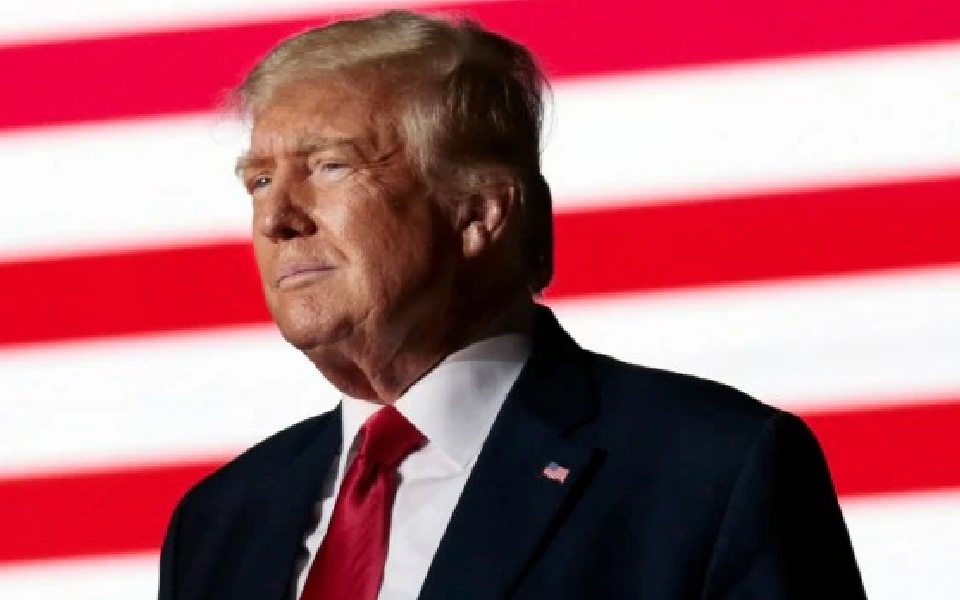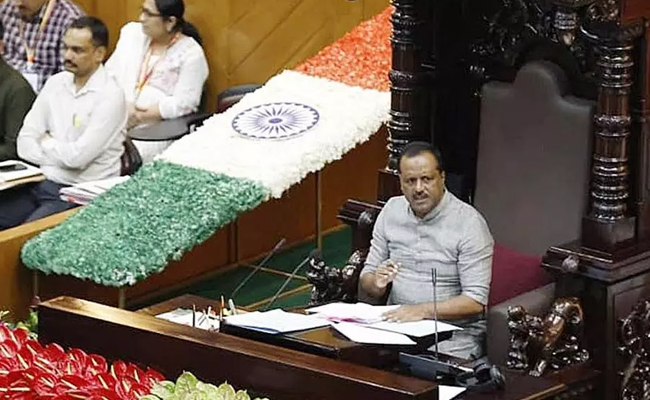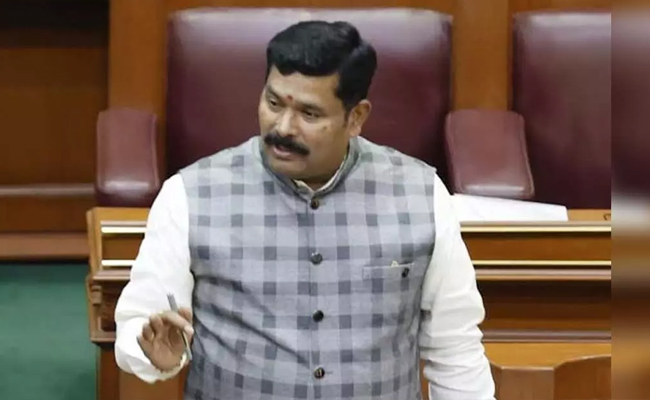Washington, Jun 27 (AP): A divided Supreme Court on Friday ruled that individual judges lack the authority to grant nationwide injunctions, but the decision left unclear the fate of President Donald Trump's restrictions on birthright citizenship.
The outcome was a victory for the Republican president, who has complained about individual judges throwing up obstacles to his agenda.
But a conservative majority left open the possibility that the birthright citizenship changes could remain blocked nationwide. Trump's order would deny citizenship to US-born children of people who are in the country illegally.
Birthright citizenship automatically makes anyone born in the United States an American citizen, including children born to mothers in the country illegally. The right was enshrined soon after the Civil War in the Constitution's 14th Amendment.
In a notable Supreme Court decision from 1898, United States vs Wong Kim Ark, the court held that the only children who did not automatically receive US citizenship upon being born on US soil were the children of diplomats, who have allegiance to another government; enemies present in the US during hostile occupation; those born on foreign ships; and those born to members of sovereign Native American tribes.
The US is among about 30 countries where birthright citizenship — the principle of jus soli or “right of the soil” — is applied. Most are in the Americas, and Canada and Mexico are among them.
Trump and his supporters have argued that there should be tougher standards for becoming an American citizen, which he called “a priceless and profound gift” in the executive order he signed on his first day in office.
The Trump administration has asserted that children of noncitizens are not “subject to the jurisdiction” of the United States, a phrase used in the amendment, and therefore are not entitled to citizenship.
But states, immigrants and rights groups that have sued to block the executive order have accused the administration of trying to unsettle the broader understanding of birthright citizenship that has been accepted since the amendment's adoption.
Judges have uniformly ruled against the administration.
The Justice Department had argued that individual judges lack the power to give nationwide effect to their rulings.
The Trump administration instead wanted the justices to allow Trump's plan to go into effect for everyone except the handful of people and groups that sued. Failing that, the administration argued that the plan could remain blocked for now in the 22 states that sued. New Hampshire is covered by a separate order that is not at issue in this case.
As a further fallback, the administration asked “at a minimum” to be allowed to make public announcements about how it plans to carry out the policy if it eventually is allowed to take effect.
Let the Truth be known. If you read VB and like VB, please be a VB Supporter and Help us deliver the Truth to one and all.
Belagavi: Speaker U.T. Khader on Friday warned that members who disrupt Assembly proceedings by talking in their seats during debates will be made to sit in the House for an entire day as a disciplinary measure.
The warning came after the Question Hour, when Deputy Leader of the Opposition Arvind Bellad was permitted to initiate a discussion on the development of North Karnataka.
At this point, expelled BJP MLA Basanagouda Patil Yatnal objected, stating that he had been seeking a debate for the past three days but had not been given an opportunity.
ALSO READ: IndiGo board ropes in external aviation expert for flight disruption probe
Responding to the objection, Speaker Khader said Bellad had already been granted permission and assured Yatnal that he would be allowed to speak at the next opportunity. He noted that even as a serious discussion was underway, several MLAs were speaking among themselves with their microphones on, disrupting the proceedings.
Expressing displeasure over the conduct of members, Khader likened the situation to football, where players receive red, yellow, or white cards for violations. Similarly, he said, the Assembly issues warning cards to members who disturb the House. If they fail to correct themselves despite repeated warnings, they would be required to remain seated in the Assembly hall for a full day as punishment, he stated.





